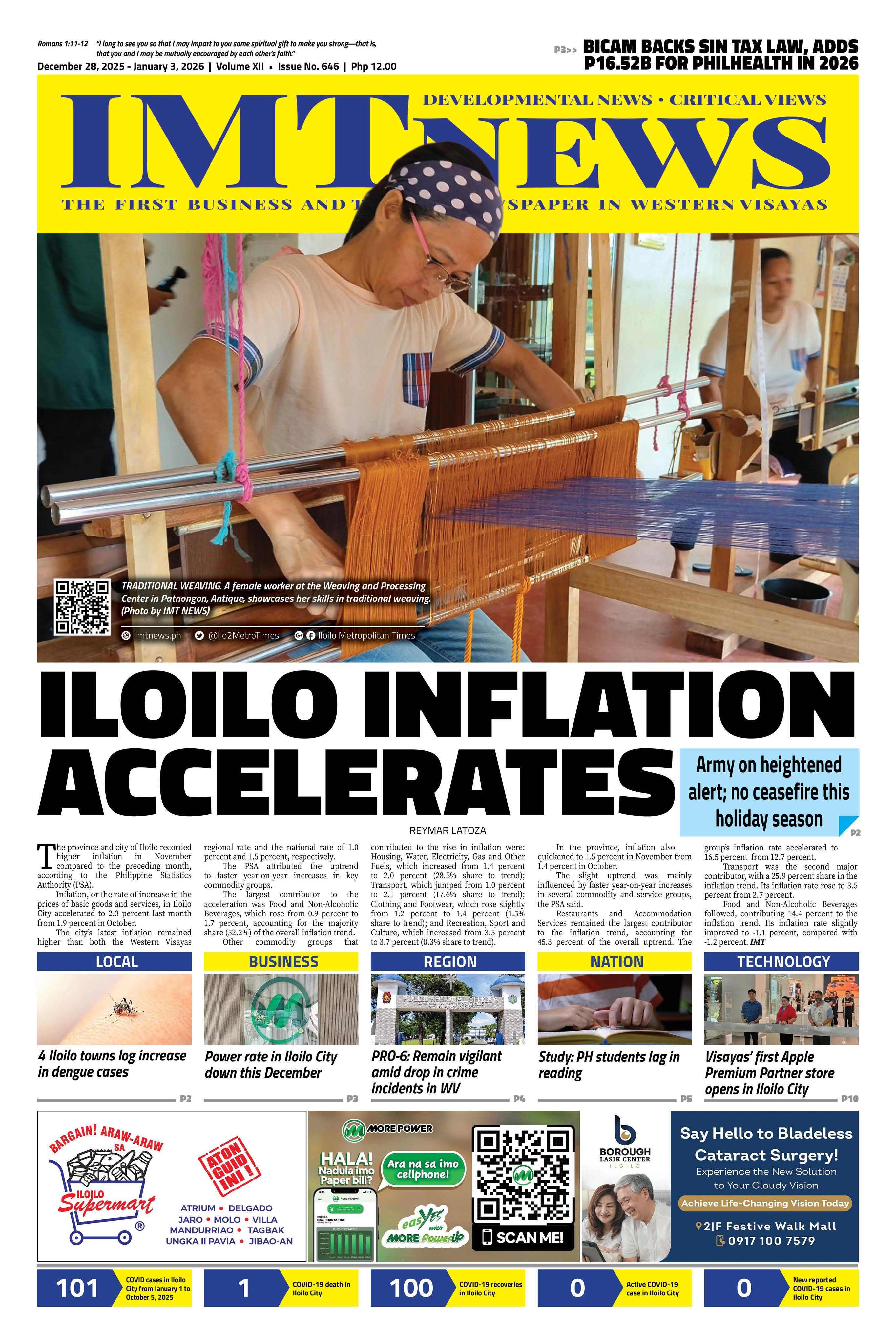A senator said the Rice Tarrification Law (RTL), if properly implemented, will bring the price of rice to P20 a kilo, which is a campaign promise of President Ferdinand R. Marcos Jr.
Senator Cynthia Villar, chairperson of the Committee on Agriculture and Food, said in an ambush interview in Las Piñas, RTL aims to empower and modernize Filipino rice farmers to make them more competitive than other rice producing countries.
“Kasi para bumaba ang presyo kailangan mag-mechanize, kailangan mas maganda ang seeds, kailangan marunong ang farmers kaya may training, kailangan mura ang puhunan kaya may perang binigay sa Land Bank [of the Philippines] at DBP [Development Bank of the Philippines] (Because for the price of rice to go down, we need to mechanize; have better seeds; more knowledge for farmers that’s why we have training; and small capital with the help of funding from LandBank and DBP),” Villar said.
“Kaso kung hindi nila yun ibibigay sa farmer ay mahihirapan tayo to be competitive, pero kung maganda ang (But if they will not give that to farmers, we will have a hard time to be competitive, but if the law is properly implemented), we can do it,” she added.
Under RTL, the Rice Competitive Enhancement Fund (RCEF) is sourced from the tariff revenues of the rice being imported by the country.
Through the program, the government mainly aims to help improve the competitiveness of Filipino rice farmers and augment their income while sustaining resilience and responsiveness.
The RCEF has an annual appropriation of P10 billion, of which, 50 percent will be allotted for rice farm machinery and equipment; 30 percent for rice seed development, propagation, and promotion; 10 percent for expanded rice credit assistance; and 10 percent for rice extension services.
Villar also cited the Vietnamese rice farmers who can produce rice at P6 per kilo which should be the target for Filipino farmers to be competitive.
In a previous statement, President Marcos expressed his optimism that the price of rice can go down to P20 with an efficient production, less typhoons, and proper utilization of government programs.
He said lowering of production costs is also key to making rice more affordable.
Department of Agriculture Secretary Francisco Tiu Laurel Jr. targets to make rice more affordable towards the end of next year with the marching orders from President Marcos to modernize, irrigate, fertilize, and use the right type of seeds “as soon as possible.”PNA







